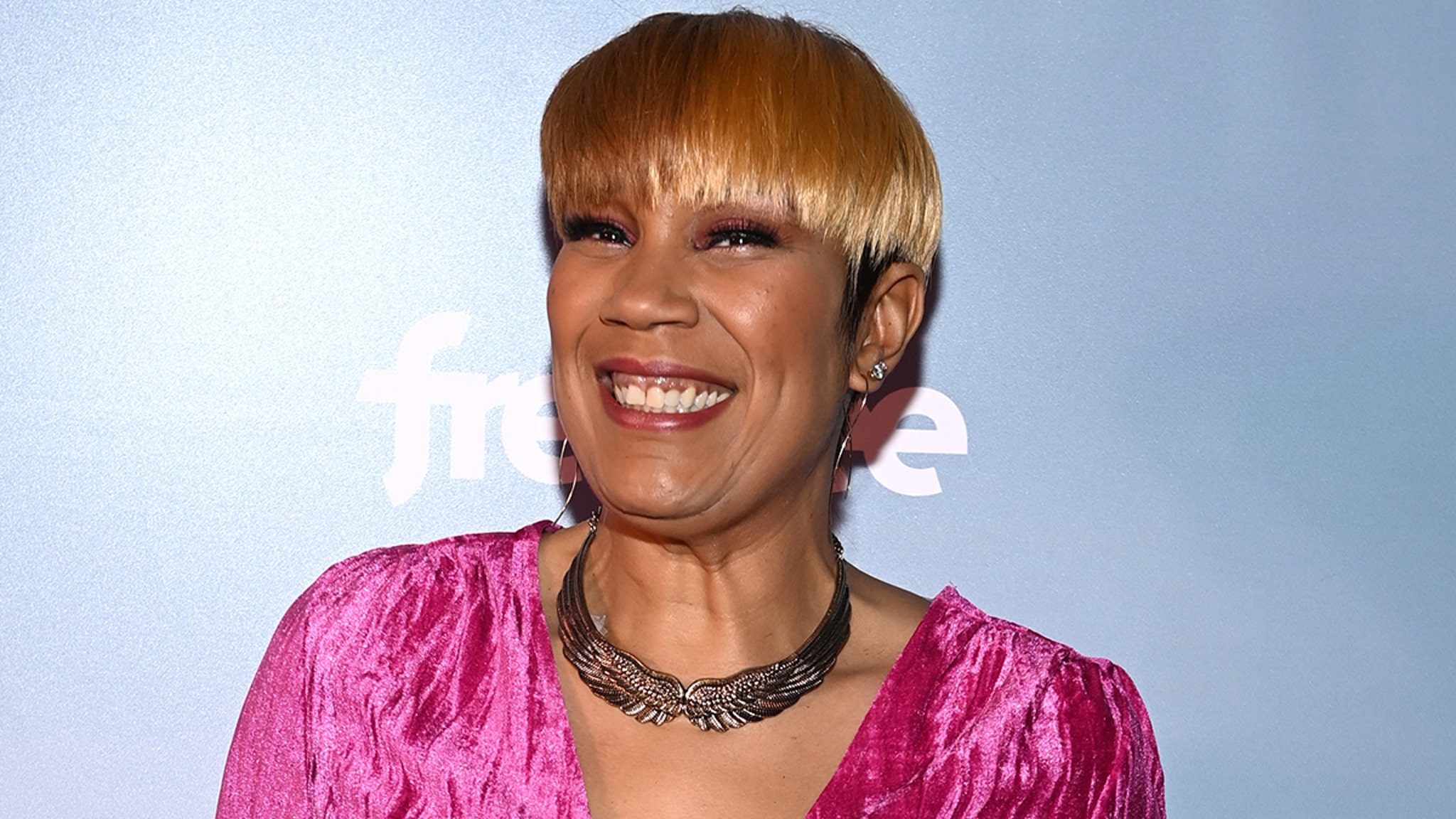Forex trading is popular among people looking to invest in the financial markets. It is one of the markets that have a huge following the world over. Currency trading has been around for many years and the market has consistently evolved with time. Today, trading is a global affair and all the markets available can be accessed from anywhere.

The forex market is big and forex trading represents only 5.5% of the entire foreign exchange market. While information about the forex market is all over the web, not many people truly understand what it takes to be a trader. The following is a quick look at the forex market and the key things you need to know about trading.
The Currency Exchange Market
Before delving into the intricate details of forex trading, it is important to understand currency trading first. Currency trading is the exchange of major global currencies to make a profit. People make profits in the currency market by exploiting the discrepancies that exist in the exchange rates. At any particular time, the exchange rate of a currency is moving with the economic changes in the market.
The buy and sell prices of currencies are also not the same and timing the market correctly can result in great earnings. Currency trading is done in pairs. The main currency pairs that you can trade in the currency market include; EUR/USD, USD/JPY, GBP/USD, AUD/USD, USD/CHF, NZD/USD, and USD/CAD. The dollar is the most commonly used currency, making up 89% of all trades with other pairs.
Forex Trading and How It Works
In its functional sense, the exchange of currency is meant to facilitate the movement of goods and services across the world. People traveling around the world need to change their currencies to make transactions in the host nations. Governments and businesses that carry out trade globally also have to exchange the currency to facilitate the process of moving goods.
Various individuals and entities nevertheless exchange currency to earn a profit. Investment banks hold a 12.5% share of the trading market. Forex trading as business accounts for the larger share of currency exchange. So how does forex work? Let us look at that in detail.
How Forex Markets Work
The forex market is unique in the sense that various trading centers are spread over the world. Traders can either carry out their business in actual exchanges where they can trade on the spot or they can make contracts with their clients. There is also a future forex market where contracts are made to specify the time and price when a particular trade will be valid. Traders always analyze the markets to come up with trading propositions that work.
Common Concepts at the Forex Market
During the trading process, some of the common terminologies you will encounter are base and quote currency. This particular terminology relates to how the different currency pairs are matched. The base currency is used to weigh the price of the quote currency in the pair. This comparison and pairing are common regardless of the currencies being traded. Usually, the major currencies will be paired against each other across the markets. In the general market, you will find four types of split currency pairs which include:
- Major pairs
- Minor pairs
- Exotics
- Regional pairs
As stated earlier, the major pairs are the seven most powerful pairs in the currency trade. Exotics are the result of a major currency that is paired with currency from an emerging economy. Regional pairs, on the other hand, are currencies traded in different regions of the world. Finally, minor pairs are the less traded currencies when they are paired against each other.
The Key Factors That Influence the Forex Market
The forex market is always on the move. With a recorded daily trade that passed $5.1 trillion in 2016, this market is one of the most vibrant in the financial trading realm. Depending on the sentiment in the market, major shifts might occur in the value of the traded currency pairs. Some of the factors that influence the movement of currency pairs are economic-related while others are government-related. Institutions like central banks can for instance influence the market when they announce some changes to local monetary policy.
Besides, the economic data recorded over time can also influence the value of currencies and forex trading as a whole. Other factors like news reports, the general market sentiment and overall credit rating of a country can also influence the market.


















